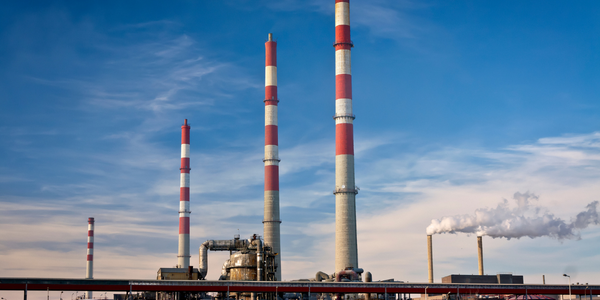Download PDF
Mid-Size EPC Reduces Cost of Innovative Ethanol Dehydration System By 18% with Aspen Custom Modeler
Technology Category
- Analytics & Modeling - Process Analytics
- Application Infrastructure & Middleware - Data Exchange & Integration
Applicable Industries
- Chemicals
Applicable Functions
- Process Manufacturing
- Product Research & Development
Use Cases
- Predictive Quality Analytics
- Process Control & Optimization
Services
- Software Design & Engineering Services
- System Integration
The Challenge
Hitachi Zosen Corporation, a Japan-based EPC, is committed to creating innovative products that are beneficial to society and technology. To stay competitive, the company needs to ensure that each product is not only innovative but also allows their clients to maintain a competitive edge with traditional products and other emerging technologies. One of the challenges the company faced was developing a zeolite membrane alternative to traditional ethanol dehydration. The removal of excess water from ethanol is an expensive and time-consuming step that limits ethanol competitiveness in the energy market. To be added to gasoline, a mixture needs to be at least 99.5% ethanol. With an azeotrope that limits water removal from mixtures to 95% ethanol, a cheap and effective means of reaching higher ethanol content is currently in high demand.
About The Customer
Hitachi Zosen Corporation is an Engineering, Procurement, and Construction (EPC) company based in Japan. The company designs and constructs waste treatment plants, industrial plants, and machinery and equipment for industrial and construction purposes. Hitachi Zosen is committed to being at the forefront of innovative products that are useful to society and technology. The company has undertaken projects spanning from waste-to-energy plants to salt water desalination and earthquake protection for bridges. To remain competitive, Hitachi Zosen needs to ensure that each product is not only innovative, but also allows their client to retain a competitive edge with traditional products and other emerging technologies.
The Solution
Hitachi Zosen used Aspen Custom Modeler (ACM) and Aspen Process Economic Analyzer (APEA) to model novel processes integrated into larger systems while also keeping track of the bottom line. This allowed the company to consider the cost while simultaneously designing a new technology, leading to a better solution with fewer iterations in the conceptual stage, saving time and money. The company was able to produce a solution, the Hitz Dehydration System (HDS), using a zeolite membrane. Prior to using ACM, Hitachi Zosen ran into an issue with physical property consistency using a home-grown segmented model of the membrane. Programming with ACM provided a program that not only allowed for consistent physical properties, but was easier to understand, maintain, and troubleshoot.
Operational Impact
Quantitative Benefit
Related Case Studies.
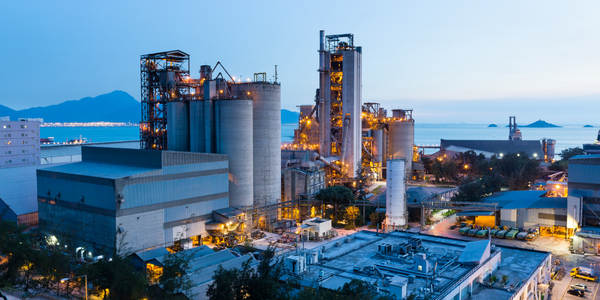
Case Study
Honeywell - Tata Chemicals Improves Data Accessibility with OneWireless
Tata was facing data accessibility challenges in the cement plant control room tapping signals from remote process control areas and other distant locations, including the gas scrubber. Tata needed a wireless solution to extend its control network securely to remote locations that would also provide seamless communication with existing control applications.
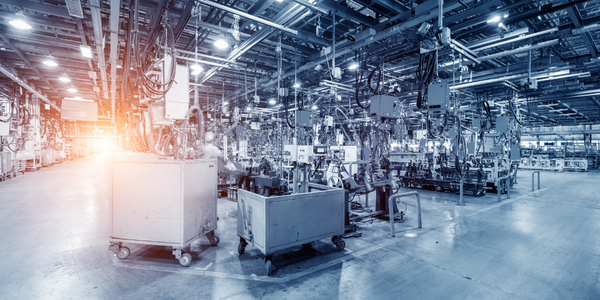
Case Study
Advanced Elastomer Systems Upgrades Production
In order to maintain its share of the international market for thermoplastic elastomers AES recently expanded its Florida plant by adding a new production line. While the existing lines were operating satisfactorily using a PROVOX distributed control system with traditional analog I/O, AES wanted advanced technology on the new line for greater economy, efficiency, and reliability. AES officials were anxious to get this line into production to meet incoming orders, but two hurricanes slowed construction.
Case Study
Wireless GPS Tracking & Security Monitoring
Enhancing the security of hazardous freight and ensuring compliance with Homeland Security’s Transportation Security Administration mandate that all trains carrying chemicals capable of creating a toxic inhalation condition are equipped with on-board safety monitoring systems.
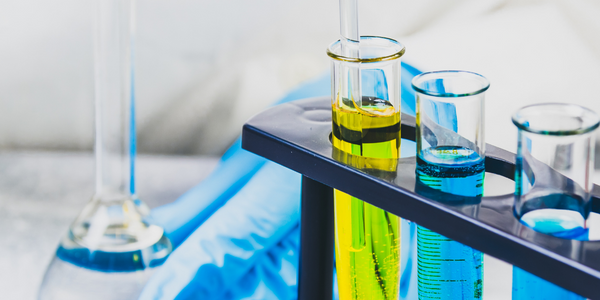
Case Study
Field Device Asset Management For Chemical Company in China
Chinese chemical subsidiary of multinational corporation serves customers throughout the world. Sales offices and research and technology centers are strategically located to provide rapid response to customer requests. Just two workers were assigned to maintain thousands of intelligent instruments in three production units, so they could do little more than react to device issues as they appeared. This costly maintenance method inevitably led to unexpected downtime when a critical instrument failed. Plant management recognized the need to change from reactive to predictive maintenance for all assets, including instruments and control valves, but help was needed in implementing such a technology-based initiative.
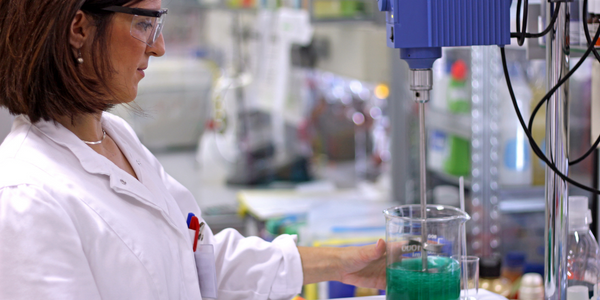
Case Study
Industrial Workforce Mobility for Improved Safety & Operations
Huntsman Corporation, a global manufacturer and marketer of differentiated chemicals, undertook an aggressive program to eliminate injuries, product defects, and environmental releases at their Port Neches facility. Termed “Project Zero”, this program required a completely mobile solution to empower operations and maintenance personnel to capture defects, track work progress and make process and safety related decisions in real-time.




